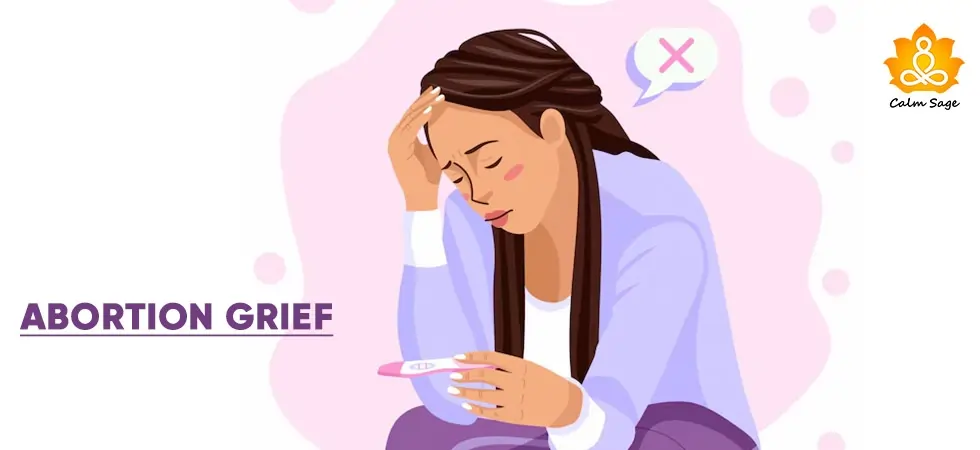‘I Have No Appetite’: Why Can’t You Eat Anything (And What To Do If You Have No Appetite)

“Food brings people together on many different levels. It’s the nourishment of the soul and body; it’s truly love.” – Giada De Laurentiis
Food gives our body the energy it needs but it is also something that gives equal nourishment to our brains. Your gut and brain work in tandem to regulate your need to eat (or not). If you find yourself wondering, “I have no appetite” then it may be a sign of something wrong.
A lack of appetite can be caused by physical, medical, or psychological factors. Identifying the reason for the loss of appetite can be crucial in understanding how to treat the problem. A sudden loss of appetite means when you have little to no desire to eat anything.
If you’re struggling with a loss of appetite then you may also have other symptoms such as poor weight management. If left untreated, your loss of appetite can turn into a serious medical issue.
Below, let’s take a look at some of the potential causes of a loss of appetite and what to do when you have no appetite.
Sudden Loss Of Appetite: Causes
Several factors and conditions can cause a sudden loss of appetite. Some of them can be medical while others can be psychological. Let’s take a look at some of the common loss of appetite causes:
Medical Causes
1. Anemia: Anemia is a condition that occurs when there is a low amount of blood cells in the body. Weight loss and a loss of appetite can be symptoms of anemia, especially when combined with a lack of energy and fatigue.
2. Cancer: People with cancer may also experience a loss of appetite. It can be directly because of the illness, especially in cases of the stomach and pancreas but can also be experienced with lung or ovarian cancers. Sometimes, a loss of appetite can be a result of chemotherapy or other cancer treatment.
3.Diabetes: If you have diabetes, then you can also experience a loss of appetite. Sometimes, diabetes can cause the food to move slowly through the digestive system, causing a loss of appetite.
4.Hypothyroidism: Hypothyroidism can also cause you to lose your appetite and gain weight, even though you are not consuming calories.
5.Viral Infections: If you catch stomach flu, the cold, or other viral infections, then it can also affect your appetite and decrease your desire to eat. However, once you’re cured of the infection, your appetite may return.
6.Medications: Certain medications can cause a loss of appetite such as sleeping pills, blood pressure pills, steroids, painkillers, and antibiotics. Some medications may also cause nausea and a loss of energy.
7.Pregnancy: Pregnant women are also prone to experiencing a loss of appetite and nausea, especially during the initial stage of pregnancy.
8.Gastroenteritis: Along with other stomach-related conditions such as irritable bowel syndrome (IBS), gastrointestinal problems, and other digestive problems.
Psychological Causes
1.Aging: More often than not, the cause of a loss of appetite can be age. Often, with age, one’s appetite changes, and one may experience a loss of interest in food due to changing palettes, taste buds, medications, and even certain hormones.
2.Pain: Severe pain such as migraine and abdominal pain can also cause you to lose interest in eating anything.
3.Anxiety: Anxiety can cause many to feel overwhelmed which may lead them to experience a loss of appetite.
4.Depression: People living with clinical depression experience anhedonia – a condition that causes one to lose interest in everything, including eating. They may experience a lack of energy to do anything and may also lose interest in eating anything. In some cases, a loss of appetite can be accompanied by nausea.
5.Stress: Did you know that our body’s response to stress includes suppressing appetite? (Binge-eating can be another stress response). Physical symptoms of stress include nausea which may also lead to a lack of appetite.
6.Substance Use: While some people may experience a weight gain with substance abuse, others may experience a loss of appetite.
Other causes for a lack of appetite can be:
- Respiratory infection
- Pneumonia
- Chronic liver disease
- Kidney failure
- Heart failure
- Hepatitis
- HIV
- Dementia
What To Do When You Have No Appetite?
The treatment for a loss of appetite depends greatly on the cause of the condition. If the loss of appetite is due to viral infection, then there will be no specified treatment. Your appetite will return when the infection is gone. However, if the cause is a chronic or medical one, then you may require treatment.
A physician may run some tests and physical exams to determine the cause of your loss of appetite. If your loss of appetite is a part of a serious or chronic disease, then maintaining a well-balanced diet and a healthy (active) lifestyle can be good for long-term healing.
Depending on your cause and diagnosis, your doctor may recommend:
- Changing your sleep schedule
- Eating a well-balanced diet
- Increasing self-care
- Increasing physical activity
- Psychotherapy
- Medications
In other cases, your physician may refer you to a nutritionist who can help you plan your meals and manage your symptoms. They may also suggest some nutritional supplements to help your body get the nutrients it needs.
When To Seek Help?
If your loss of appetite is a short-term condition, then you can recover without medical intervention, however, if the loss of appetite cause is medical or even psychological, then not treating it properly can worsen the condition and cause further problems such as:
- Extreme fatigue
- Weight loss
- Increased heart rate
- Fever
- Irritability, and more
If your loss of appetite persists and if it is left unaddressed and untreated, then it can have life-altering effects. If you (or your loved one) are experiencing a loss of appetite, then it is recommended you speak to a professional.
If you have no appetite and feel sick when you eat or if you’re experiencing loss of appetite and nausea followed by chest ache, blurred vision, fatigue, loss of sensations, and/or confusion, then you should immediately seek medical attention as these can be symptoms of stroke or heart attack.
Immediate medical attention is also required when you experience a loss of appetite and nausea accompanied by:
- Dehydration symptoms (dry mouth, lethargy, dizziness)
- High fever
- Inability to drink or eat anything for 12 hours and more
- Abdominal pain
- Headache
- Muscle stiffness
Wrap Up
The likely course of loss of appetite depends on the cause. Sometimes, it can be a mild problem such as flu or common cold but sometimes, it can be a serious condition such as depression, anxiety, or other medical or psychological causes that might require medical intervention.
If you or your loved one are experiencing a loss of appetite, not wanting to eat anything, or poor weight management, then it is recommended that you don’t ignore the problem and seek medical attention.
It might not look like a major issue but a loss of appetite can be an underlying symptom of many psychological disorders. Reaching out to a professional can help in any case.
If you found this article helpful, then you can share your thoughts with us in the comments below or write to us at info@calmsage.com. You can also DM us on our social media with your comments and thoughts.
Take Care!




















